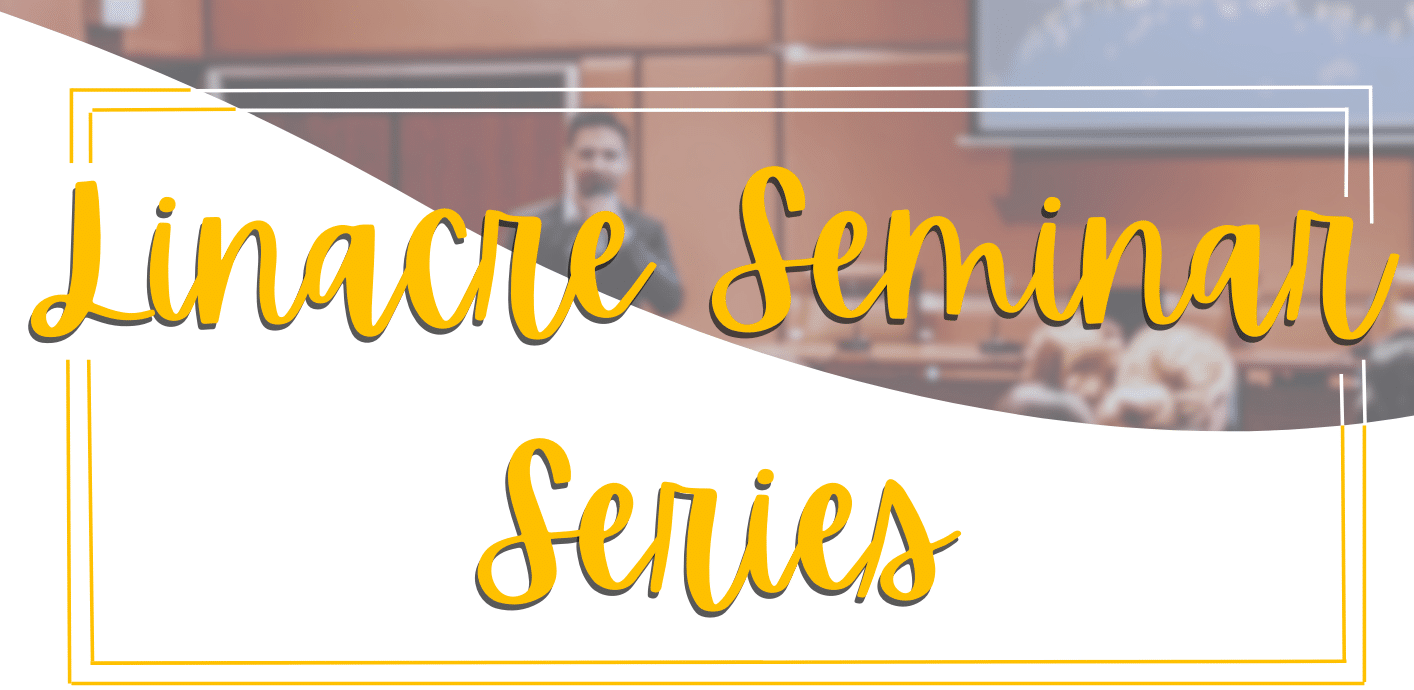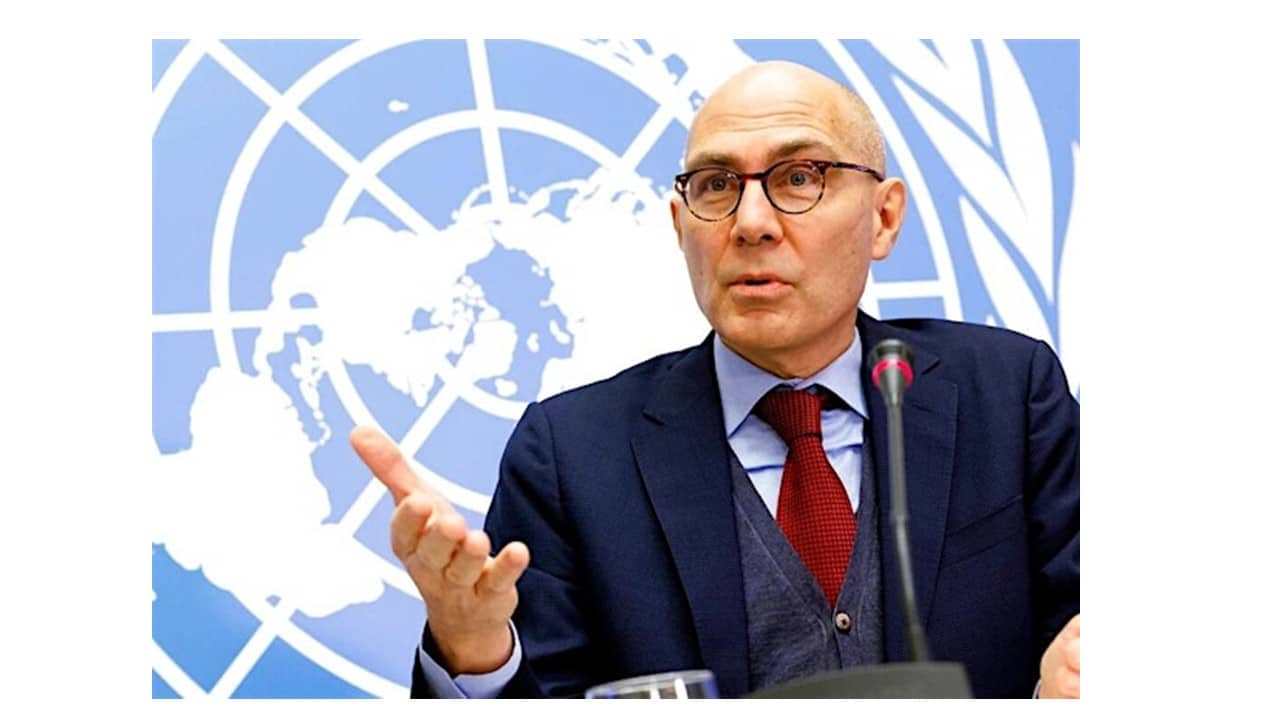Please join us for the fourth and final seminar in the Hilary Term series. This week’s Speakers will be:
Chair: Shaniek Parks
Tea Ghigo – Traditionally Crafted: 19th-century Antiquarian Approaches in Art Replicas
Sara Hijazi: The Role of Tau in Spatial Disorientation
About the speakers:
Tea Ghigo is a Heritage Scientist specialising in the material analysis of museum collections. Her passion for this field began during her Master’s, where she researched painting materials from 15th-century Spain. Her PhD focused on Late Antique Egyptian writing inks, studying collections at the Vatican Library and the Egyptian Museum in Turin, among others. She then worked as a Research Heritage Scientist at the Ashmolean Museum, examining 19th-century watercolours and oil paintings. In 2023, she joined UCL as a Lecturer in the History of Art, Materials, and Technology.
Tea’s current research examines collections of 19th-century replicas produced in different contexts and aims to explore whether the artists attempted to use historically-inspired materials when painting historical subjects. She will present the results of material analyses of several objects, and contextualised them with information on technical sources and pigment catalogues. Ultimately, her contribution will explore different questions, such as:
– how were the materials for the replicas chosen?
– besides the price of painting materials, were other factors influencing artistic practices?
– how did the interplay between tradition and innovation influence the outcome?
Sara Hijazi completed a Bachelor of Science in Chemistry with a minor in Psychology at the American University of Beirut (AUB). Following that, she was awarded a scholarship to join the Neurasmus Neuroscience program, allowing her to spend her first year in Berlin and her second year in Amsterdam at Vrije University. Sara then completed my Ph.D. degree at the Molecular and Cellular Neurobiology department in Amsterdam. In February 2020, she moved to Professor Steven Kushner’s lab at the Erasmus MC in Rotterdam as a post-doctoral researcher to investigate the molecular and cellular mechanisms of psychiatric genetic risk. In December 2022, Sara joined the group of Dr Tim Viney as a Blashko fellow funded by the Blaschko Trust.





















